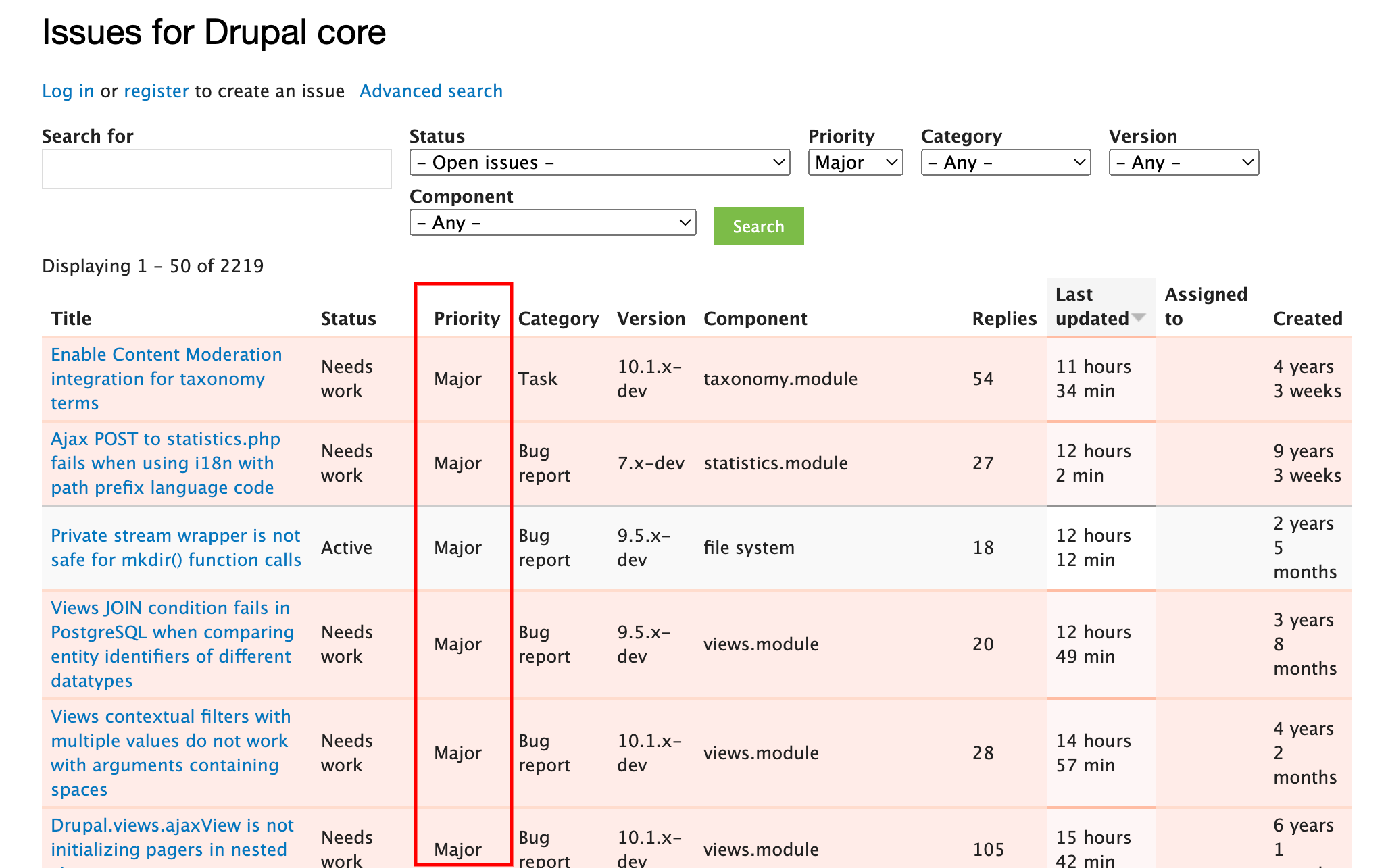Intermediate Guide
This is an intermediate guide to Drupal. Here you can find all the intermediate information about Drupal. This guide is for those who are intermediate to Drupal and want to learn Drupal from scratch. This guide will help you to understand the intermediate of Drupal and how to make most out of Drupal.

As a senior developer with more experience in Drupal and development in general, it’s a great idea to pick up issues that are classified as “Intermediate” or “Advanced” to challenge yourself and further your skills.
Here are some tips to help you tackle these types of issues:
- Review the issue description: Read the issue description carefully to understand the problem and the requirements of the issue. Take the time to analyze the issue and determine the best approach to solve it.
- Research the problem: Conduct research to gather information about the problem and potential solutions. Use resources such as Drupal documentation, code examples, and community forums to help you.
- Plan your approach: Develop a plan of action for how you will solve the issue. Consider the impact your changes will have on other parts of the Drupal system and make sure your approach is scalable and maintainable.
- Write clean, well-documented code: Write clean, well-documented code that follows Drupal coding standards. This will make it easier for other developers to understand your changes and maintain them in the future.
- Test thoroughly: Test your changes thoroughly to ensure they work as expected and do not introduce new issues. Use automated tests provided by Drupal as well as manual testing to ensure your changes are robust and reliable.
- Submit your contribution: Once you have completed your changes and tested them thoroughly, submit your contribution to the Drupal community for review. Provide a detailed description of the changes you have made, and include any necessary documentation or instructions.
- Get feedback: The Drupal community will review your contribution and provide feedback. Be open to feedback and willing to make changes as necessary.
- Iterate and refine: Based on the feedback, iterate and refine your contribution until it is accepted by the Drupal community.
Remember, tackling intermediate and advanced issues in Drupal requires a deep understanding of Drupal and development in general. It’s important to be patient, persistent, and willing to learn as you work through these challenges.